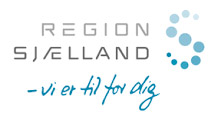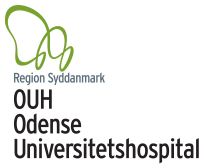Internet-based treatment of depression and anxiety in patients with ischemic heart disease
Project goals
The project will use a mixed-methods design and will:
- Investigate via a register-based study, what happens to patients with ischemic heart disease who screen positive for depression and/or anxiety in the cardiac rehabilitation setting and are referred to their general practitioner;
- Develop a therapist-assisted online treatment program for patients referred for cardiac rehabilitation with ischemic heart disease and comorbid depression and/or anxiety by means of a participatory design and the involvement of patients;
- In a feasibility study, examine whether patients are satisfied with the online psychological treatment program, whether they complete the program, and if procedures with respect to recruitment and the intervention are appropriate with respect to later implementation;
- In a randomized controlled trial, evaluate if the online psychological treatment program integrated with standard cardiac rehabilitation is more effective than standard rehabilitation alone with respect to reducing symptoms of depression and anxiety and dropout and also cost-effective.
Background
The national clinical guideline for cardiac rehabilitation from the National Board of Health recommends that patients with ischemic heart disease are screened for depression and anxiety and offered treatment if the screening is positive. As the rehabilitation setting cannot offer treatment for depression and anxiety, patients are referred to their general practitioner. We do not know what happens to patients after referral and if patients receive appropriate treatment for their symptoms. Hence, it seems timely to investigate what happens to patients after referral and to evaluate the effect of an integrated treatment program for depression and anxiety as part of standard cardiac rehabilitation.
Use of internet-based treatment for patients with depression and anxiety has a large potential. There is evidence that internet-based treatment is as effective as face-to-face-treatment. Internet-based treatment is often offered as a structured online program that is supported by a therapist. The advantage of this approach is that patients can engage in treatment from home and at a time that suit them.
Expected results
We hypothesize that the intervention will be acceptable to patients and that the majority of patients will complete the online treatment program (>75%). For the randomized controlled trial, we expect that the intervention will lead to reductions in symptoms of depression and anxiety and dropout and also be cost-effective, which will increase the chances that the intervention post study can be implemented in clinical practice.
The project has received DKK 499,000 in strategic funding (Welfare Innovation) from University of Southern Denmark (SDU) and DKK 1 mio from the Danish Heart Foundation (18-R124-A8309-22106).




